Autism Public Health Lecture Series
The signature event of the Autism Institute is the annual Autism & Public Health Lecture, a speaker series that brings top researchers to Philadelphia to talk about the latest in public health research on autism. Lectures are always open to the wider community and offer researchers the opportunity to engage with a general audience on the implications of their research.
Improving Autism Public Health through the use of a Biosciences Toolkit
Christine Ladd-Acosta, PhD Johns Hopkins Bloomberg School of Public Health Associate Professor and Director of Genetics, Department of Epidemiology with Mental Health Joint Appointment Vice Director, Wendy Klag Center for Autism and Developmental Disabilities Associate Director for Epigenomics, Environmental influences on Child Health Outcomes (ECHO) Program Data Analysis Center
Tuesday, March 21, 2023 3 - 5PM

The most recent estimates from the Autism and Developmental Disabilities Monitoring (ADDM) Network from 2018 show that 1 in 44 children, aged 8 years old, have autism spectrum disorder (ASD). Additionally, it is estimated that there are over 5 million autistic adults in the United States. Autistic persons experience poorer health and long term outcomes, across the lifespan, compared to non-autistic persons. However, we still don’t fully understand the biologic differences and environments that contribute to these challenges. We seek to improve these outcomes through the identification of biological factors that could be acted upon (e.g., the ways our bodies fight infection, environmental factors that can be changed, and the development of tools that will help us predict short and long term outcomes). In this talk, I will discuss how we can use biologic tools such as measures of our genetic makeup and how our genes work to advance our understanding of the biology, environments, and outcomes in autism. The ultimate goal is to use this knowledge in real-world steps to improve the health and well-being of individuals on the autism spectrum and their communities.
Doing Our Best for Every Child: What Can We Do Today?
Sally J. Rogers, Ph.D., Professor Emeritus, Department of Psychiatry and Behavioral Sciences, the MIND Institute at the University of California, Davis
Thursday, March 24, 2022 3 - 5PM
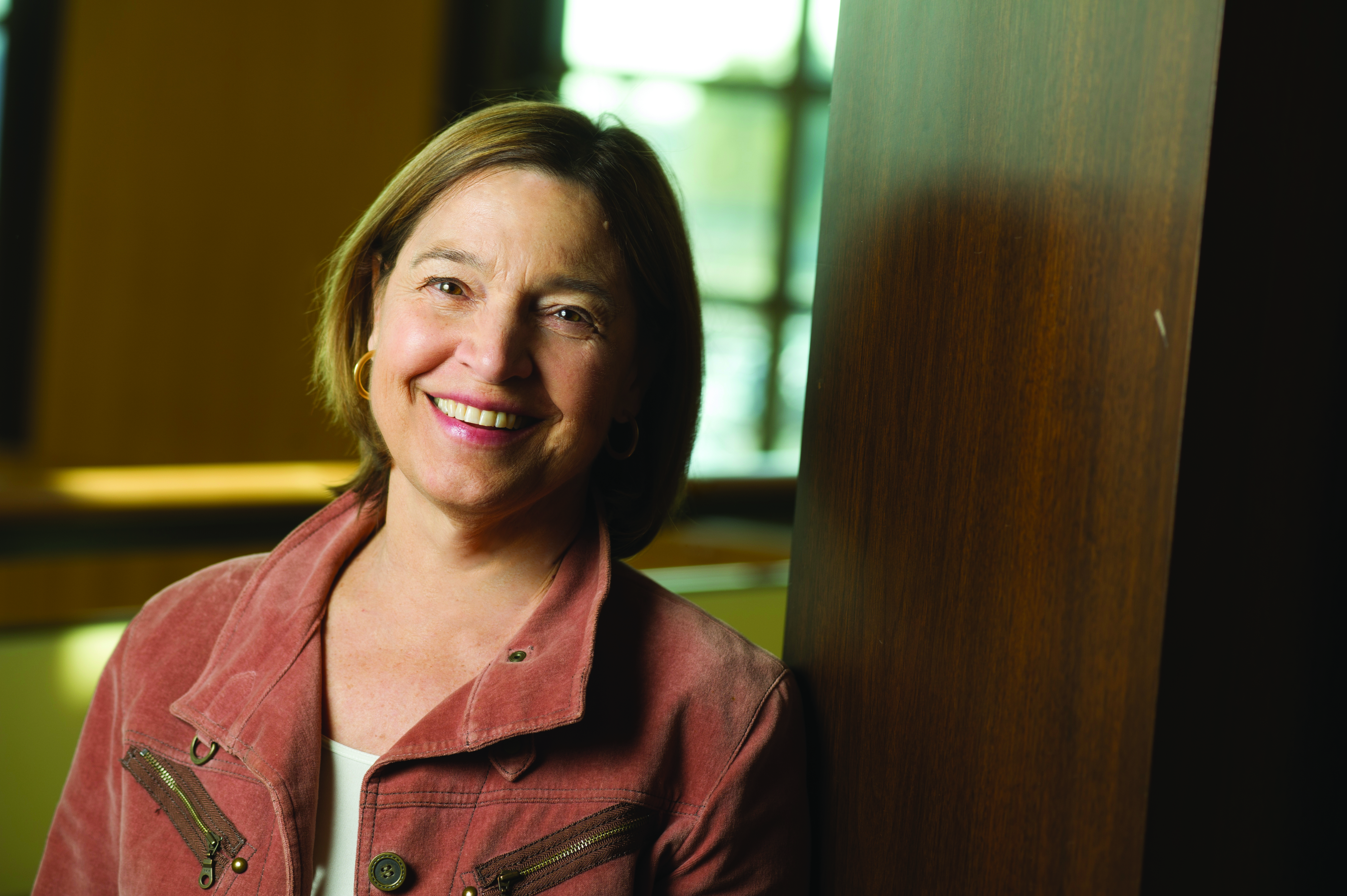
Research conducted over the past 30 years has changed our understanding about autistic children’s early developmental potential and it has given all of us principles, practices, and tools for realizing that potential. However, only a small proportion of children and families actually receive the kinds of support that they need and that we could provide right now with existing funding and services. Understanding the impediments that limit us and using existing resources to their best advantage could increase the quality of early intervention for young autistic children and their families in every community. In this talk we will discuss the resources we have, the impediments that we face, and actions for families, service deliverers, administrators, and communities that could be implemented now, in a range of communities, to improve our supports for every young child with autism.
A recording of the talk is available online.
Nothing About Us without Us: Autistic People Shaping Research and Policy About Our Lives
Julia Bascom, Executive Director of the Autistic Self Advocacy Network with a welcome from the office of Mayor Jim Kenney and introductory remarks from the office of Senator Bob Casey, Jr.
Tuesday, December 1, 2020 11AM - 1PM
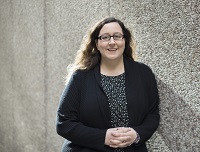
Julia Bascom will provide an overview of the autistic self-advocacy movement, and describe the purpose, process, and ethical necessity of participatory policymaking and research. Drawing on ASAN’s work, she will lay out what a policy and research agenda informed by autistic people themselves would entail, and how to get there.
Slides from the talk are available here.
A real time transcript of the lecture is available here.
A recording of the talk is available online.
The Epidemiology of Autism: Investigating Perinatal Risk Factors
Dr. Lisa Croen, Director, Kaiser Permanente Northern California
March 27, 2019 - Behrakis Grand Hall, Drexel University

Although the initial manifestations of autism spectrum disorders
typically do not appear until several months or years after a child is
born, the results of research studies conducted over the past 50 years
provide overwhelming evidence that factors operating around the time
of pregnancy and birth are at play. Epidemiologic studies have played
a crucial role in the identification of perinatal risk factors for autism,
and in directing basic science studies focused on elucidating
underlying biologic mechanisms. In this talk, the process by which
epidemiologists go about studying perinatal risk factors for autism
spectrum disorders will be described. Findings from recent studies
investigating environmental exposures, genetic factors, and their
interplay, will illustrate different approaches and study designs.
Studies utilizing biospecimens collected from expectant mothers and
their newborns and investigating the role of immune system function
in autism will be highlighted.
Slides from Dr. Croen's talk are available here.
A recording of the talk is available to watch online.
Improving Access to Evidence-Based Care in Autism
Dr. Aubyn Stahmer, UC Davis MIND Institute
March 27, 2018 - Mitchell Auditorium, Drexel University
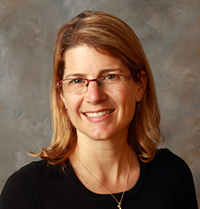 Autism research can lead to evidence-based practices, but often there are challenges that impede the availability of these practices in community programs. How do we break the cycle of limited transmission from basic scientific research to implementing these evidence-based practices in community settings to reach affected populations? Researchers working on treatments for autism have started incorporating community members – from primary care provider to educators – directly into their research in order to ensure that recommended treatments are used as widely as possible and are effective in the real-world setting. This talk discusses methods for developing effective research-community partnerships that can translate into better care.
Autism research can lead to evidence-based practices, but often there are challenges that impede the availability of these practices in community programs. How do we break the cycle of limited transmission from basic scientific research to implementing these evidence-based practices in community settings to reach affected populations? Researchers working on treatments for autism have started incorporating community members – from primary care provider to educators – directly into their research in order to ensure that recommended treatments are used as widely as possible and are effective in the real-world setting. This talk discusses methods for developing effective research-community partnerships that can translate into better care.
Slides from Dr. Stahmer's talk are available here.
A recording of the talk is available to watch online.
Building a Career: Emerging Considerations for a Nurturing 'Ecosystem' in Employment and Autism
Dr. David Nicholas, University of Calgary
March 28, 2017 - Behrakis Grand Hall, Drexel University
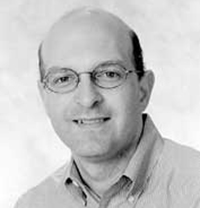 The employment rate among adults with autism spectrum disorder (ASD) remains low. Employment support services are increasingly linked to the potential for favorable job outcomes, yet relatively little is known about employment support practices and outcomes. This presentation offers perspectives emerging from a Canadian study examining ASD employment support resources. These, and other, findings recommend an ecosystem model in which intersecting elements of individual job readiness and support are linked with broader community support access, family engagement and employer/co-worker capacity building. Dr. Nicholas will elaborate on this approach and its application in practice adding recommendations for community-based application, policy development and research advancement.
The employment rate among adults with autism spectrum disorder (ASD) remains low. Employment support services are increasingly linked to the potential for favorable job outcomes, yet relatively little is known about employment support practices and outcomes. This presentation offers perspectives emerging from a Canadian study examining ASD employment support resources. These, and other, findings recommend an ecosystem model in which intersecting elements of individual job readiness and support are linked with broader community support access, family engagement and employer/co-worker capacity building. Dr. Nicholas will elaborate on this approach and its application in practice adding recommendations for community-based application, policy development and research advancement.
Slides from Dr. Nicholas's talk are available here.
A Tale of Traffic and Smog: How the Air We Breathe Can Affect the Developing Brain
Dr. Heather Volk, Johns Hopkins University
March 29, 2016 - Behrakis Grand Hall, Drexel University

Dr. Heather Volk highlighted recent findings from population-based research studies and explored how such findings may help inform etiologic research, as well as prevention efforts. In her talk, she reviewed the current literature spanning human and animal studies on what is currently known about air pollution effects on the developing brain and ASD. Dr. Volk’s research and work seeks to answer the questions, “How does prenatal and early life air pollution exposure affect the developing brain? What relevance does this have for Autism Spectrum Disorder?”
Slides from Dr. Volk's talk are available here.
Parent-Mediated Intervention in ASD: Challenges and Opportunities
Dr. Brooke Ingersoll
March 25, 2015 - Nesbitt Hall: Ruth Auditorium, Drexel University
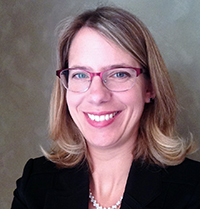 Dr. Ingersoll presented an overview of parent-mediated intervention for young children with ASD, with a focus on the current evidence base. She discussed challenges with the dissemination and implementation of existing evidence-supported models in community settings. Dr. Ingersoll considers the potential for increasing community adoption of parent-mediated approaches through the use of alternative development and evaluation framework, using examples from Project ImPACT, a community-focused parent-mediated intervention, to highlight key concepts.
Dr. Ingersoll presented an overview of parent-mediated intervention for young children with ASD, with a focus on the current evidence base. She discussed challenges with the dissemination and implementation of existing evidence-supported models in community settings. Dr. Ingersoll considers the potential for increasing community adoption of parent-mediated approaches through the use of alternative development and evaluation framework, using examples from Project ImPACT, a community-focused parent-mediated intervention, to highlight key concepts.
Evidence Based Employment Intervention Models: Pathways to Competitive Employment for Youth with Autism
Dr. Paul Wehman
March 19, 2014 - Paul Peck Alumni Center, Drexel University
Dr. Wehman discussed how unemployment for young people with autism is a serious problem and how there are some approaches that are beginning to be used with success to alter the landscape on this problem. He discussed how long term internships, supported employment, customized employment, supported post-secondary education and small business models are each being adapted or developed for individuals with autism with an emphasis on those with high support needs.
Autism and the Transition to Adulthood: New Findings, New Questions
Dr. Paul Shattuck
March 21, 2013 - A.J. Drexel Picture Gallery, Drexel University
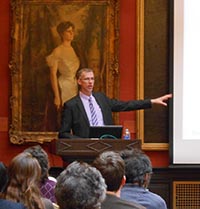 It is widely known that 1) increasing numbers of children are being identified as having autism, 2) children grow up to be adults, and 3) the majority of a typical lifespan is spent in adulthood. However, adulthood is the phase of life we know by far the least about when it comes to autism spectrum disorders – a condition that likely affects several million adults and accounts for more than $35 billion in direct and indirect costs in the U.S. annually. Our evidence base is woefully thin with respect to understanding the service needs for the adult population with autism and the range of health and social outcomes they typically experience. Autism may be impacting an increasingly large proportion of the adult population, yet most studies have been based on extremely small samples. Dr. Shattuck shared findings from his research, which has emphasized national-level data, on youth as they age from adolescence to adulthood. He explored indicators related to employment, education, services, and social participation and addresses the pressing question: How does life turn out for individuals with autism after they leave high school?
It is widely known that 1) increasing numbers of children are being identified as having autism, 2) children grow up to be adults, and 3) the majority of a typical lifespan is spent in adulthood. However, adulthood is the phase of life we know by far the least about when it comes to autism spectrum disorders – a condition that likely affects several million adults and accounts for more than $35 billion in direct and indirect costs in the U.S. annually. Our evidence base is woefully thin with respect to understanding the service needs for the adult population with autism and the range of health and social outcomes they typically experience. Autism may be impacting an increasingly large proportion of the adult population, yet most studies have been based on extremely small samples. Dr. Shattuck shared findings from his research, which has emphasized national-level data, on youth as they age from adolescence to adulthood. He explored indicators related to employment, education, services, and social participation and addresses the pressing question: How does life turn out for individuals with autism after they leave high school?
For more information about the Autism Public Health Lecture Series, please email AutismInstitute@drexel.edu